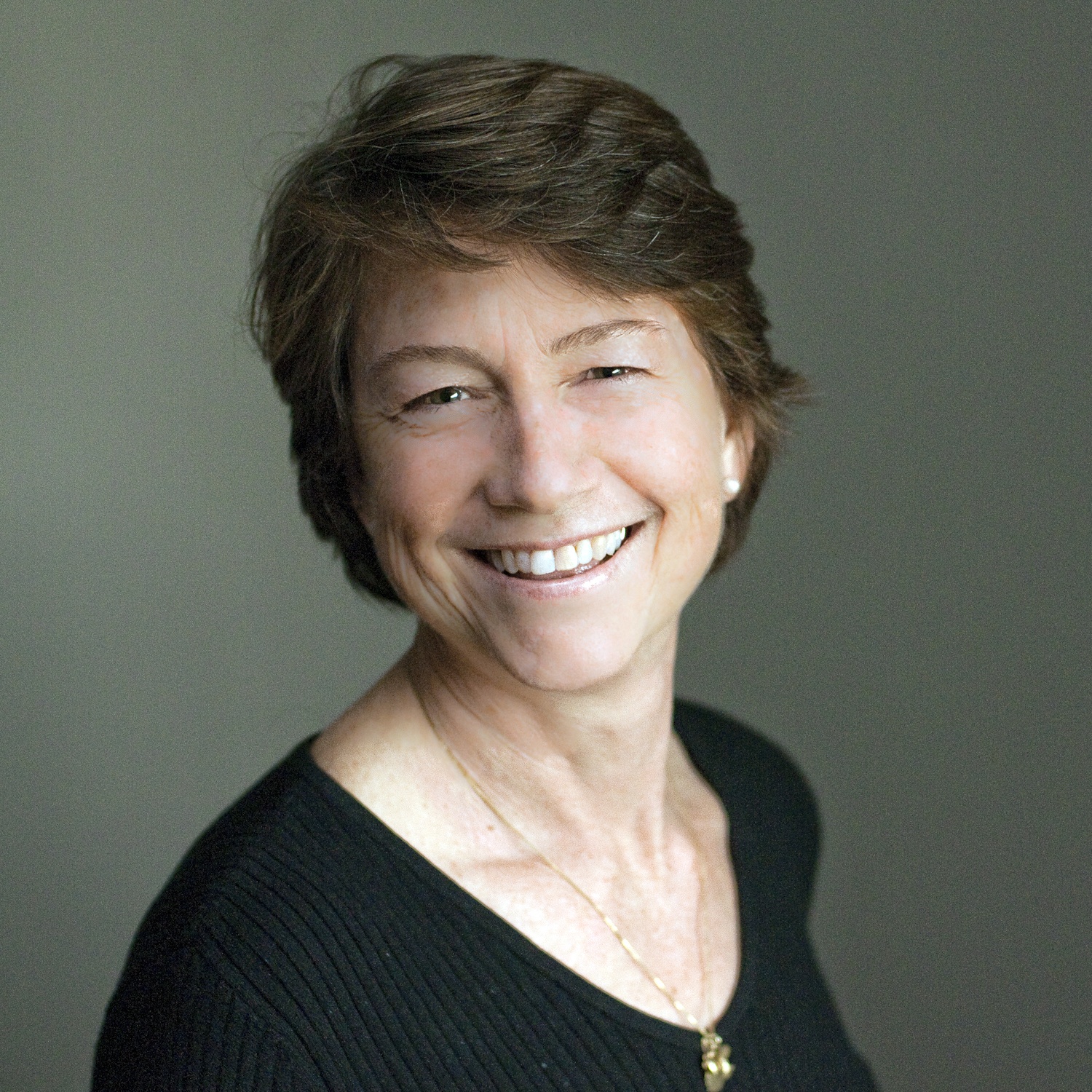In this column, Mercer Island Youth and Family Services staff answer community questions, offer advice and provide resources.
Dear YFS,
What is it like for a youth to grow up gay on Mercer Island? A young man who has been best friends with my son since their preschool days on the Island recently confided to my son that he is gay. I love this young man like a son. I worry he’ll face challenges that could be hurtful because of his orientation.
SMG
Dear SMG,
Thank you for asking this question. I have recently talked with two wonderful students at the high school; one identifies as gay and the other pansexual (an individual attracted to the spectrum of genders: male, female, transgender).
I also spoke with several school counselors about working with gay youth (“queer,” is preferred today in communities throughout the U.S.) or those who are questioning and exploring their gender and orientation.
The first young woman “Ari” has identified as gay since age 13. She grew up as a tomboy and most of her friends were male. Ari always felt that people here tolerated her style and differences, saying, “Yeah – that’s just who she is.”
She has not felt bullied, persecuted or treated differently or poorly. Ari thinks that because Mercer Island is a small community, many people hear from others about a person who is gay. When this happens, she says it often takes time for the relationship to settle back into the prior comfortable “normalness.”
The experience of “Scout,” who is pansexual and gender-fluid (does not identify as either male or female), has been more difficult. Scout uses the pronouns “them” and “their” and has identified as pansexual since middle school.
When they came out to friends, Scout’s friends would no longer change together in the locker room. As a result, Scout has spent more time in Seattle where they find more acceptance and understanding.
Scout’s time at the high school has been more challenging than Ari’s. There is only one gender-neutral bathroom and using a bathroom with others who share the same gender assignment has seemed to confuse or frighten other students. Scout also perceives that many people see their pansexual orientation as a phase — something to grow out of — and do not convey a respect or compassion for the difficulties and pain experienced by these youth.
The greatest challenge in growing up gay (or other orientation) on Mercer Island for both Ari and Scout is living with the unintentional verbal slights of both peers and adults in the community. The words “fag” and “gay” are commonly used in a negative context with no thought to the effect on others.
These comments contribute to an atmosphere that makes other Lesbian/Gay/bi-sexual/Transgendered (LGBT) and questioning youth feel hesitant about “coming out” or simply being themselves.
Without feeling accepted or safe for who they are, some youth experience chronic internal distress and pain. LGBT and questioning youth generally have a higher rate of substance use and mental health issues such as depression and suicidal ideation. This trend holds true on the Island and is due in part to the stigma, isolation and pain from living in a world where one’s orientation is often not positively acknowledged. This is the pain and unseen crime of discrimination.
Fortunately, both Ari and Scout expressed a sense of safety and acceptance from the school staff and administration and they appreciate the efforts staff make to “see” them. Ari noted that MIHS Associate Principal, Mark Jergens-Zmuda, purposefully acknowledges her in small, unspoken ways that make a big difference. Because of the intentional respect and acceptance, Ari carries within her a sense that people are looking out for her.
Scout is particularly thankful for the recognition used by teachers who go the extra mile to use the appropriate pronouns. At both the middle and high school there are Gay Straight Alliance groups where LGBT youth and their allies gather for mutual support and plan activities to raise awareness. There is additional support through the YFS school based mental health counselors at all Island public schools.
As parents and professionals concerned with the well-being of all Island children, the YFS staff and I are thankful to the Mercer Island School District and community members who strive to make the community a welcoming place for all our children.
The advice offered by YFS is intended for informational purposes only and to guide you in seeking further resources if needed. The answers to questions are not intended to replace or substitute for any professional, psychological, financial, medical, legal, or other professional advice. If you have a question you would like Cindy to answer in this column, or if you need additional professional resources, email miyfs@mercergov.org.



